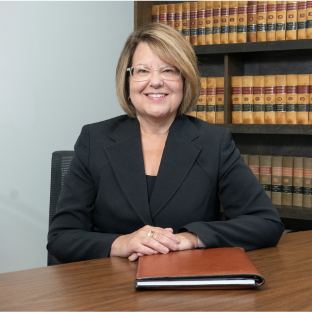
Achieving a Better Life Experience Act to expand
ABLE stands for Achieving a Better Life Experience. The “ABLE” act passed in December of 2014 allows certain individuals with disabilities to establish savings accounts, which are not counted as assets for purposes of eligibility for Supplemental Security Income (SSI) or Medicaid. Additionally, the growth in the accounts is tax free and does not count as income if it is used to pay for qualified disability expenses (QDE).
To qualify for an ABLE Account, an individual must have a disability which is
manifested before the age of 26 and is ongoing. Beginning in 2026, the program will be expended to include those individuals with a disability onset before the age of 46. A disabled individual may have one ABLE account, and any person may contribute to that account for the benefit of the account holder. The funds in the account may be used for qualified disability expenses which may include expenses related to living with a disability and which improve the quality of life of the individual. Some of those expenses may include education, housing, transportation, and assistive technology, to name just a few of the expenses approved as qualified disability expenses by the Secretary of the U.S Treasury.
Most, but not all States, have an ABLE program with its own program manager, an account limit and banking institution. In Michigan the program is called MiABLE. Most ABLE accounts are opened and administered online.
ABLE accounts can be a part of a comprehensive plan, which may include
special needs trusts, to provide for the benefit of disabled individuals. Please contact the office to schedule a consultation with an attorney if you would like to explore special needs planning, special needs trusts and ABLE accounts for you or a loved one.

